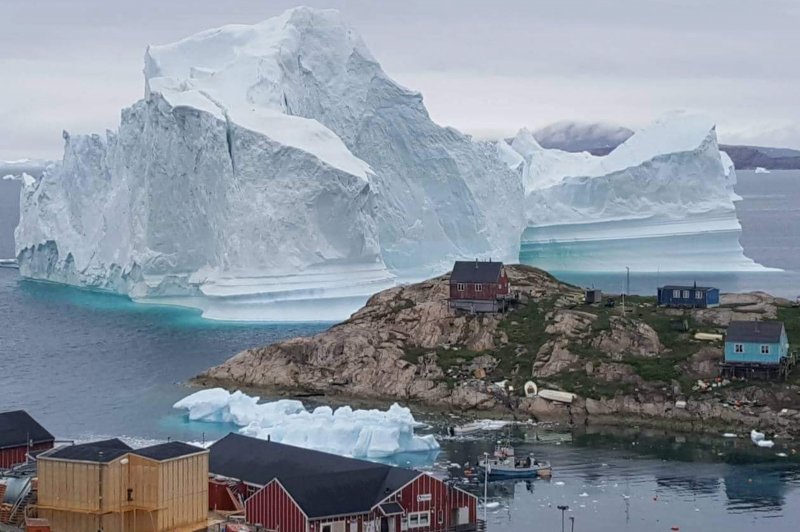
July 16 (UPI) — The government of Greenland has announced that there won’t be any new oil exploration now or in the future on the Arctic island — a step officials say is a response to worsening climate change.
In announcing the ban, the Naalakkersuisut government said “business activities must take nature and the environment into account.”
“Naalakkersuisut takes climate change seriously,” agriculture minister Kalistat Lund said in a statement. “We can see the consequences in our country every day, and we are ready to contribute to global solutions to counter climate change.
“The decision to stop new exploration for oil will contribute to place Greenland as the country where sustainable investments are taken seriously.”
Uranium mining in Greenland is included in the new ban, officials said. No oil has been found around Greenland, but experts have noted the potential for large deposits in its area of the world.
The socialist Inuit Ataqatigiit party took over Greenland’s government in April after running on a climate platform.
The island, which has a population of 57,000, is semi-autonomous under Denmark, which provides an annual subsidy worth about $540 million.
The government said it intends to focus on other areas of the economy apart from oil and mining.
“This step has been taken for the sake of our nature, for the sake of our fisheries, for the sake of our tourism industry, and to focus our business on sustainable potentials,” the government said in a statement.
“International investments in the energy sector in recent years are moving away from oil and gas and into renewable energy,” business minister Pele Broberg said in a statement.
“It is therefore natural that we emphasize business on the opportunities of the future and not on the solutions of the past.”
A recent study noted that a heat wave in 2012 made lasting changes to the ice sheet that covers much of Greenland. Scientists say the area has been warming at twice the rate of other areas of the world.